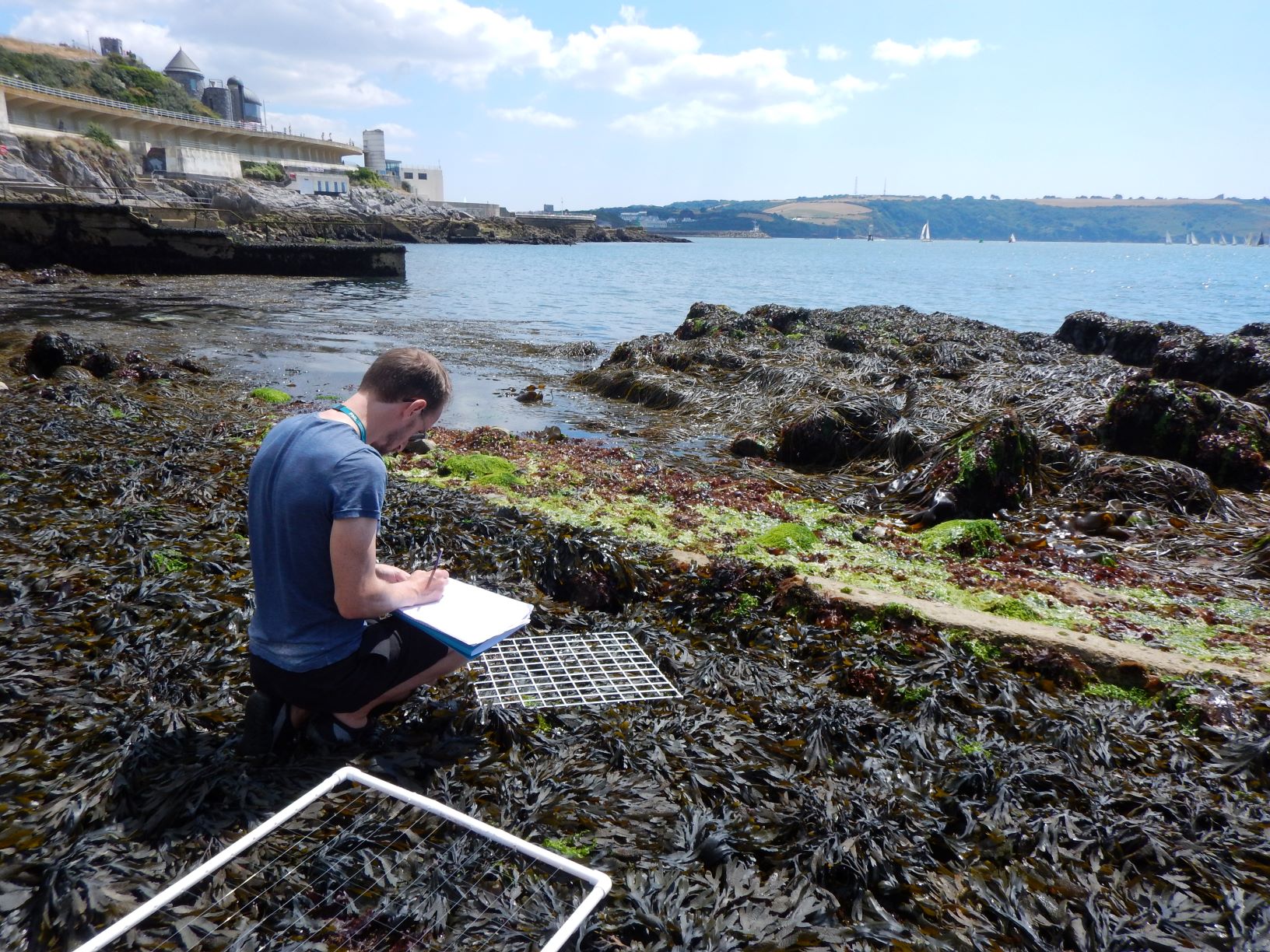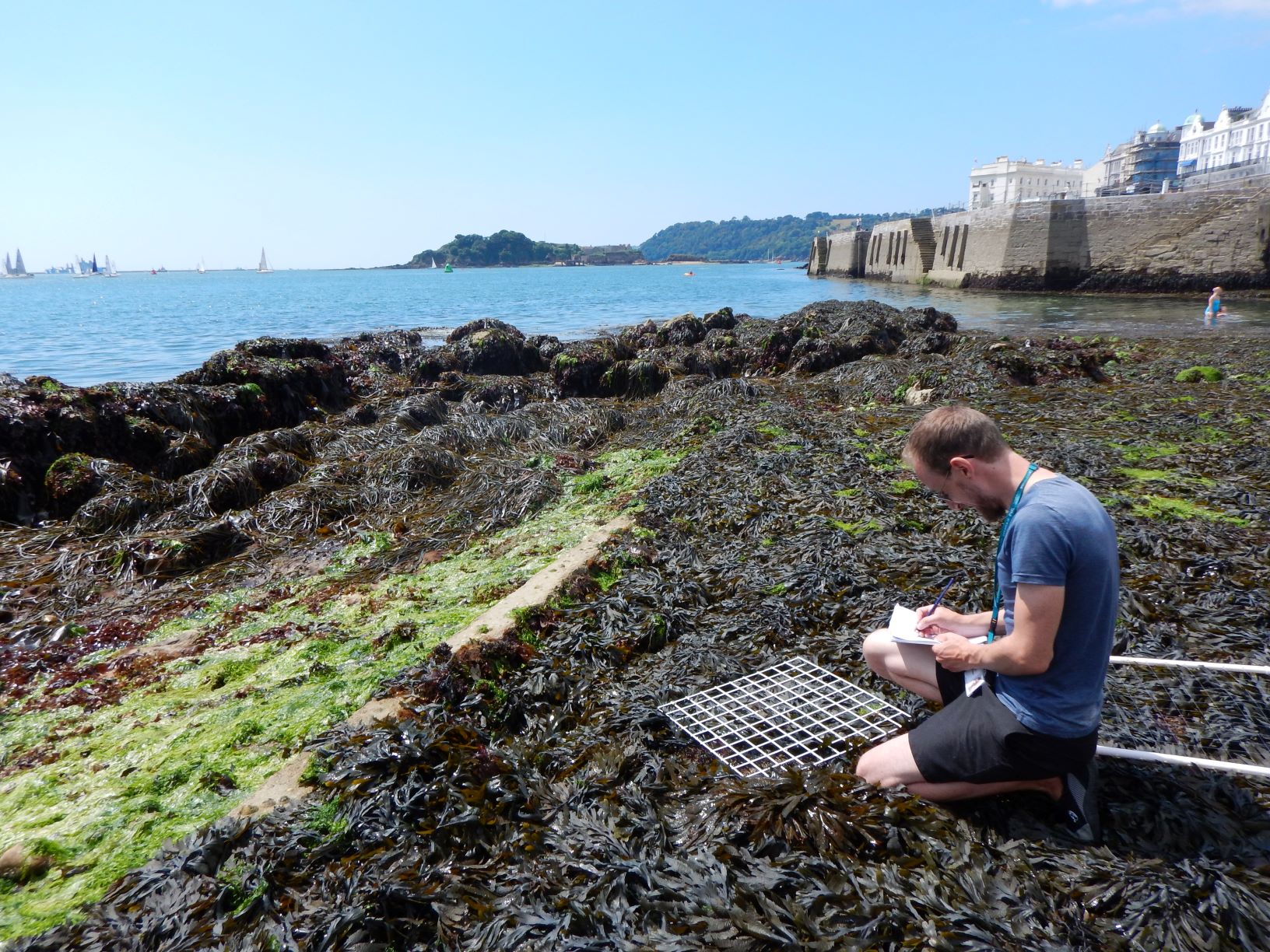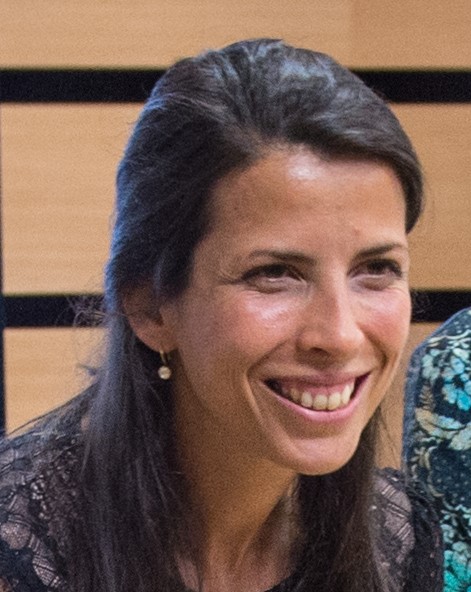 Ana Queiros
Ana Queiros
Dr Ana Queiros is a Senior Ecologist at Plymouth Marine Laboratory, who leads PML's contributions to the GLOW network. Ana works on the assessment of, and identification of management solutions for, the effects of global change drivers of change in marine communities and ecosystems. Ana's work focuses primarily on climate change, but she has been involved in ALAN research since 2016. Her group published the first study of the effects of ALAN on marine inter-specific interactions that shape rocky shore communities (Underwood et al. 2016). She is currently leading an experimental programme assessing the impacts of ALAN on rocky shore communities and species distributions.
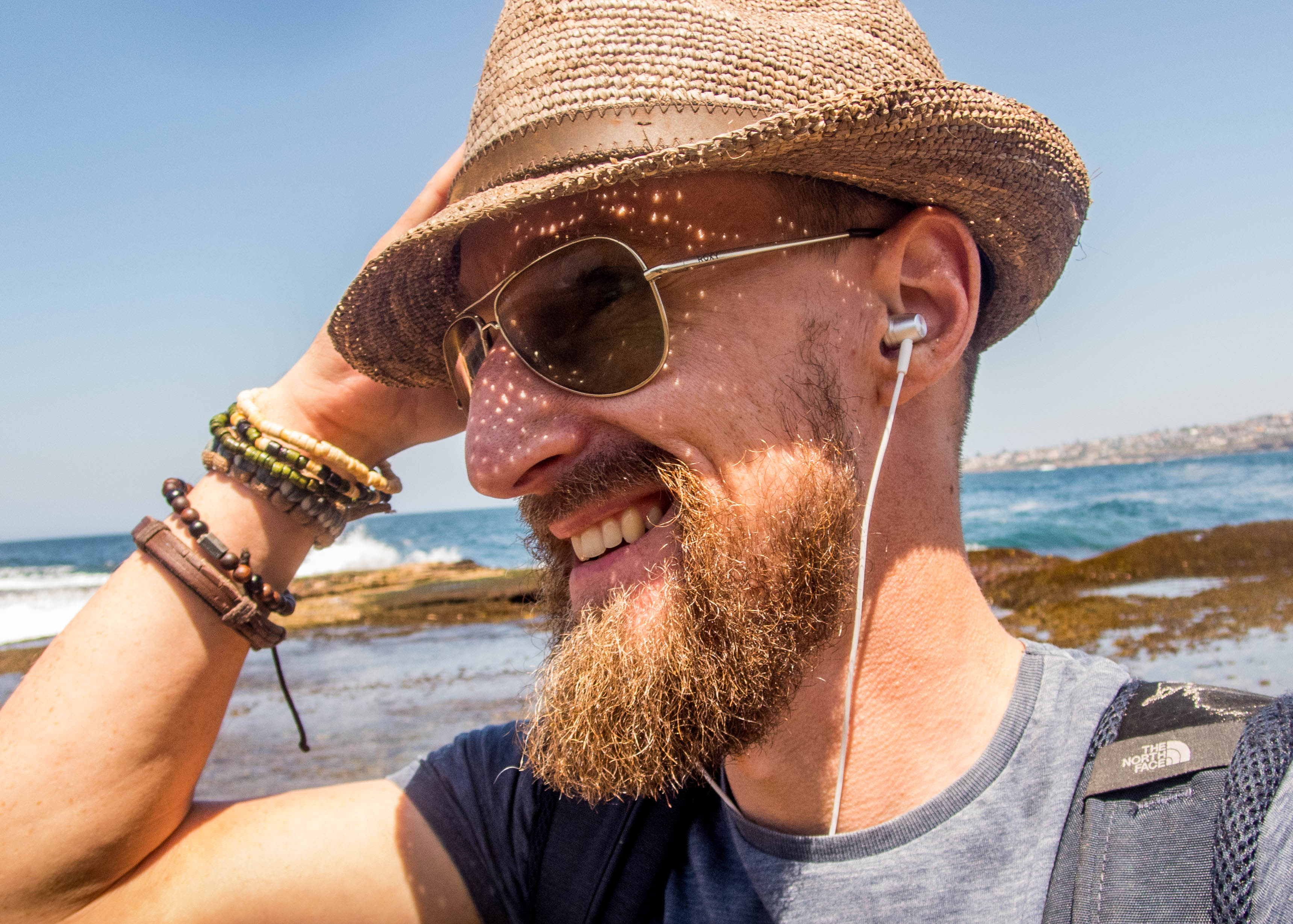
Nik Hubbard
Niki Hubbard is a PhD researcher at the University of New South Wales, Sydney, and before the move to Australia helped to set up PML's contribution to the GLOW sampling programme. He is particularly interested in how anthropogenic stressors impact the behaviour and ecology of marine life. His PhD broadly investigates the impact of artificial light at night (ALAN) on marine coastal ecosystems, with a current focus on how ALAN influences predator-prey interactions on intertidal rocky shores.
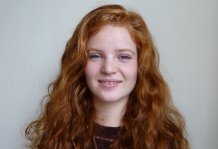
Zara Botterell
Zara Botterell is a PhD researcher with the University of Essex based at Plymouth Marine Laboratory. She is interested in how pollution may affect marine organisms, her PhD focuses on the ingestion of microplastics by zooplankton and the implications for the wider ecosystem and human wellbeing.
Plymouth Marine Laboratory (SW UK) has been sampling for GLOW since 2018, at a site known locally as the Plymouth Waterfront (N 50.3636948 E -4.1448521). The site is an exposed rocky shore within Plymouth Sound. It includes artificially lit and dark sections, being adjacent to housing and restaurants near the waterline. We count with the invaluable contribution of our staff and students to this exciting coordinated sampling programme.




